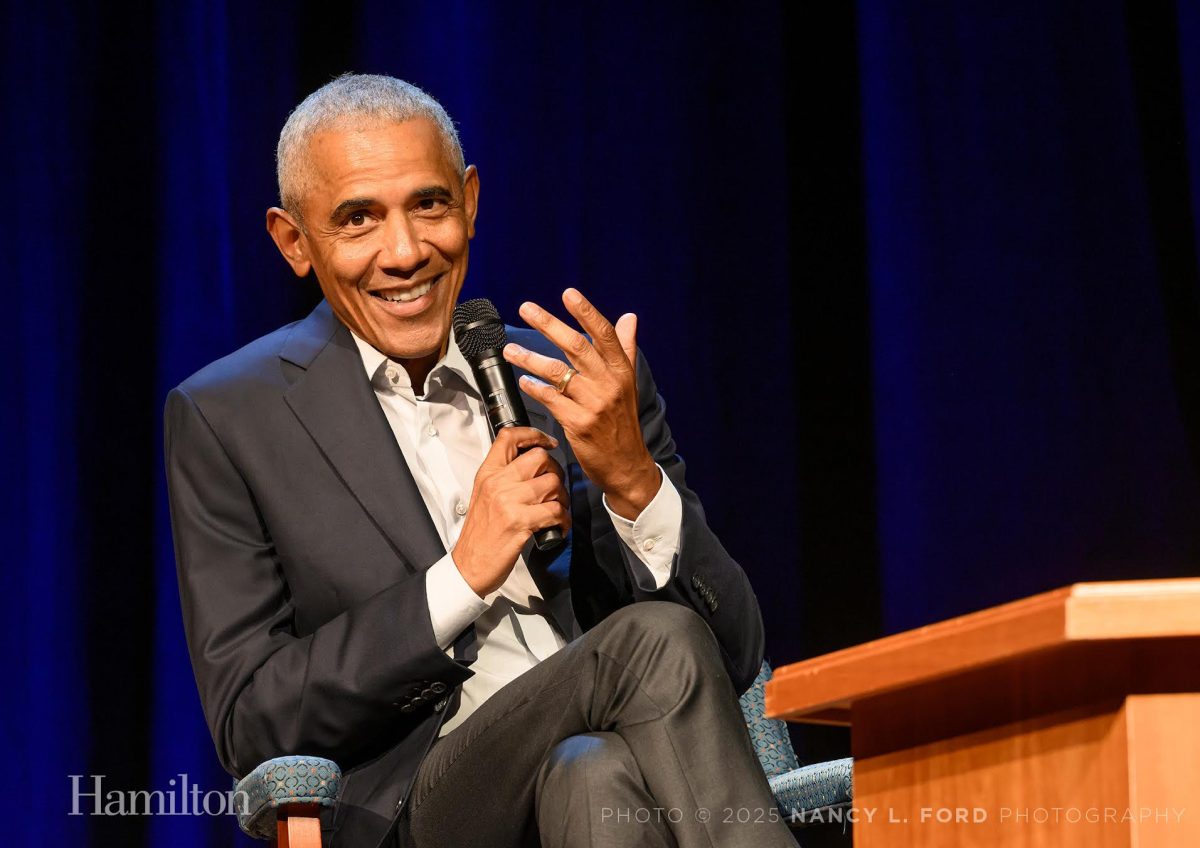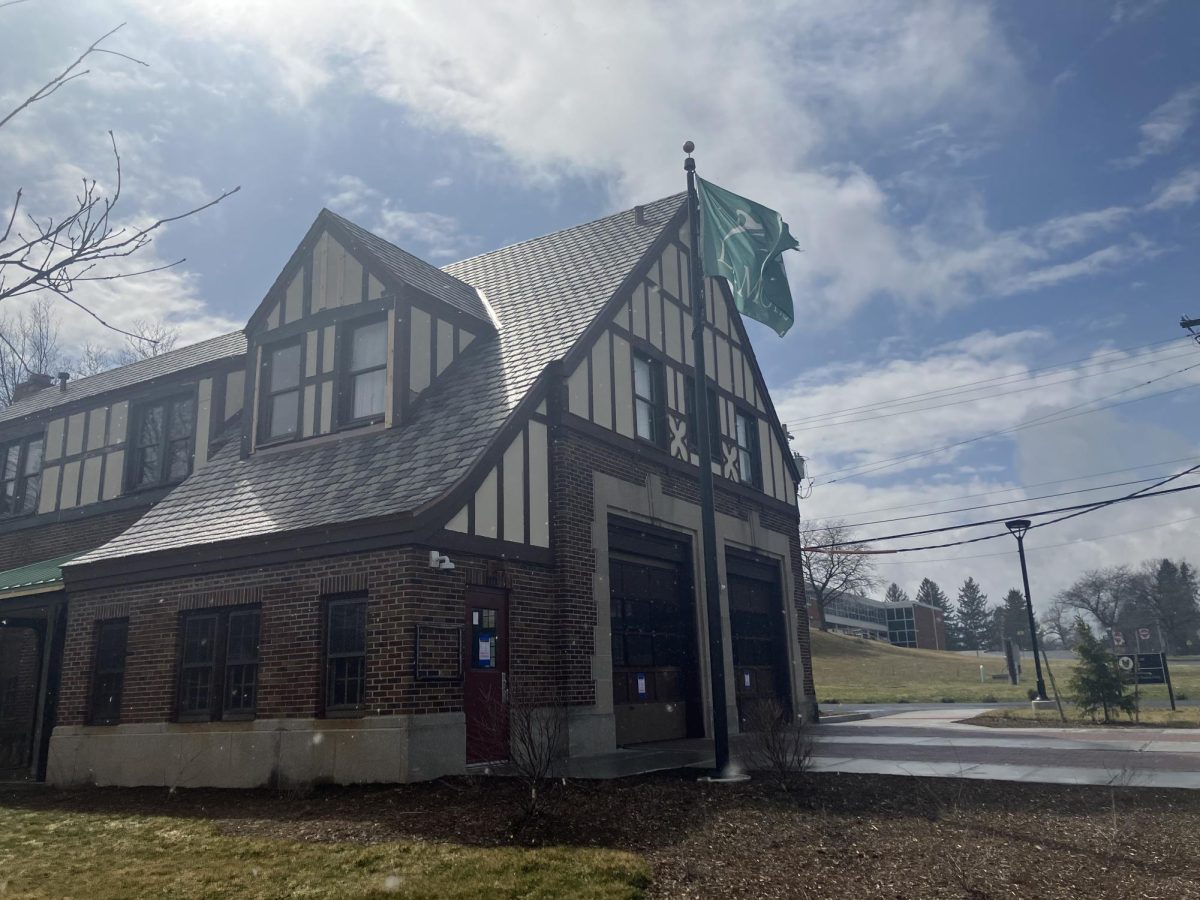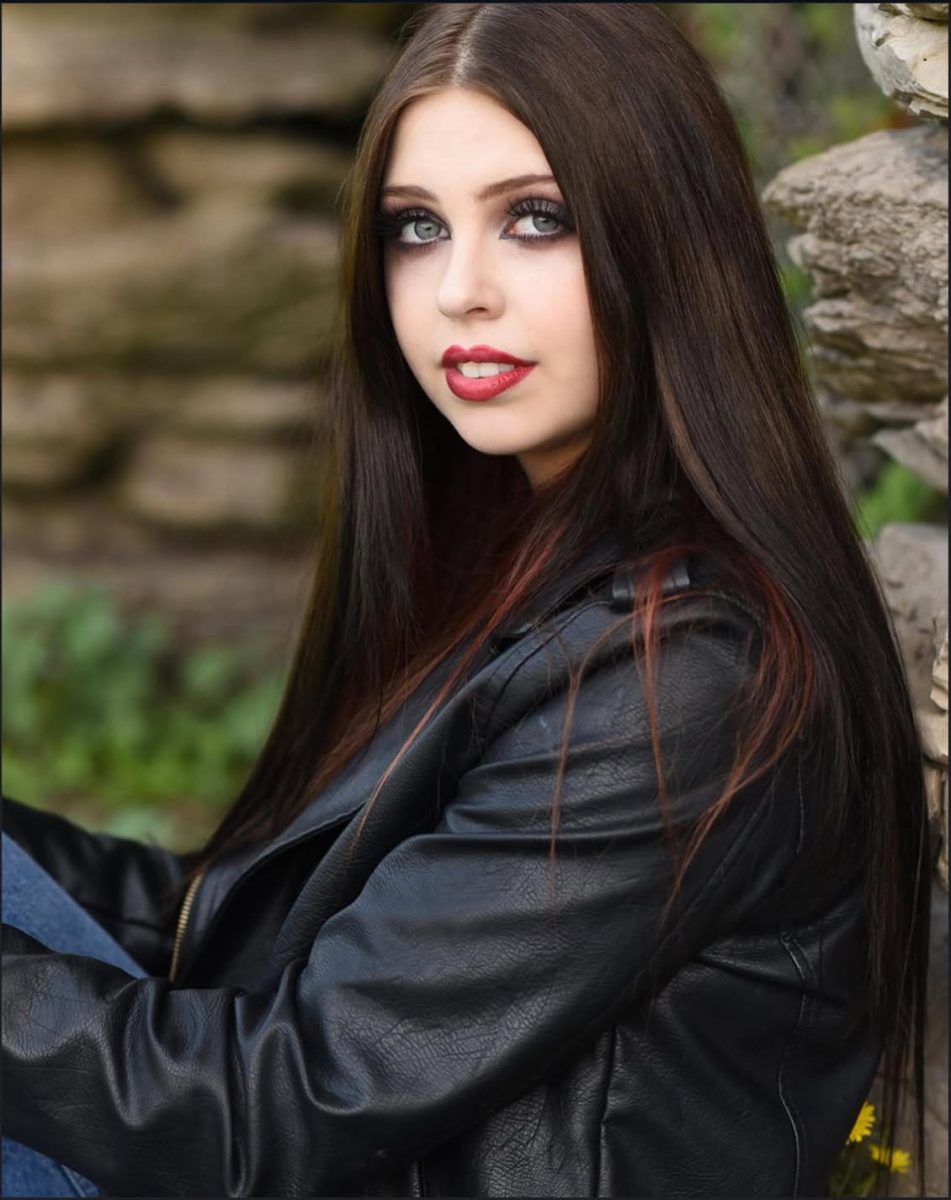Oftentimes, students within the Special Education department of a high school don’t have much interaction with anyone outside of that specific group. However, a club here at Le Moyne is looking to change that. The Diversabilities club has teamed up with the East Syracuse-Minoa District to give its special ed students between the ages of 18-22 a college-like experience they aren’t likely to forget.
Instead of having classes at ESM, they have them here at Le Moyne, curated by one of the teachers at ESM. Through lunch hours, exercise at the Rec Center, and an “Unplugged time” in the Campus Center, a select group of Le Moyne students in the Diversabilities club hang out with the ESM students and make them feel welcome in such a different environment.
This interview features two members of the Diversabilities E-board, who not only talk about the club as a whole, but also their experiences as education majors, and why they chose Le Moyne to facilitate that path. This is Kenna Murphy and Carlie Herba, and this is their CNY Minute.
DISCLAIMER: Carlie was unable to make the in-person interview, so all of her answers were acquired through comments on Google Docs.
David: What ended up pushing you two towards a career in education?
Kenna: A lot of my family are teachers and I’ve always struggled with learning disabilities. Ever since sixth grade, I had been volunteering in a 2nd grade classroom. During high school I had more time on my hands, so I went there more often.
Carlie: Helping people has always been something I have been interested in and teaching just felt like the right fit for me and my personality.
David: Why did you end up picking Le Moyne to help facilitate your path?
Kenna: It was only because it was the closest. My view of college is that it’s for my education only, and Le Moyne was the quickest, cheapest and most effective.
Carlie: I decided to pick Le Moyne to help facilitate my path because they had the exact program I was looking for and everyone on campus seemed so warm and welcoming that I knew it would be a great fit.
David: What type of teaching do you want to go into once you graduate?
Kenna: I would like to do a general education classroom, but I’m open to working in special ed environments.
Carlie: Once I graduate I would like to go into a special education position and am very flexible with age level.
David: What experience (if any) do you have working in a school setting?
Kenna: Quite a bit. I’m on a volunteer basis. Starting my senior year of high school, I would go to one class (The same one mentioned in question 1) every day for a half day. Given my schedule in college, my availability has shrunken to about 2 days a week at my old school, plus I have to do practicum hours for my major.
Carlie: My senior year of high school I was a student teacher in a K-2 functional skills room.
David: What was most surprising to you about working in a school?
Kenna: 90% of the time I’ve been in a city school, and what was nice was that the school itself automatically went to how they could make the kids comfortable and feel taken care of.
Carlie: The most surprising thing to me about working in a school was how important it is to build relationships with the others you work with.
David: Have you ever worked with special needs students in a school setting?
Kenna: Yes. In my senior year of high school, we had a student transfer in 2nd grade who was spanish-speaking and had Autism, so I worked with her 1-on-1 for 2 months. That is my most hands-on experience working with a student in special education.
Carlie: Yes! My student teaching experience was in a special education classroom.
David: Who came up with the idea for Diversabilities in the first place?
Kenna: Professor Brady brought it up to a class I was in my freshman year called Naming/Renaming Intellectual Disabilities, and Chloe Hill (the current president of Diversabilities) became heavily involved in revitalizing the idea. I was then asked to be a part of the E-board, so I am now the vice-president.
Carlie: When I started here the club was already in place with Professor Brady as the moderator but the club had been active for a few years.
David: Has Diversabilities helped you with your path in education in any way?
Kenna: Yes. It has shown me different ways to incorporate and include students who either have intellectual disabilities.
Carlie: Diversabilities has helped me to confirm my passion for going to school to be a special education teacher.
David: What would you say to those who would consider joining Diversabilities? Are more people needed for the club?
Kenna: There’s always more people needed! The best part of it is how we show people just because we think differently doesn’t mean we should treat people differently.
Carlie: We always love to see new and friendly faces!
David: For anyone who has had no experience working at a school, how hard is it to work at such a seemingly chaotic place from 7-3?
Kenna: Honestly, I don’t find it difficult, but more educational. I fully enjoy my full day of teaching, and it’s so much fun to host events and make fun games with what they are learning about. Especially with subbing.
The passion Kenna showed in this interview towards her chosen path of teaching was remarkable, and it was interesting to see how she viewed the parts of the job that some would view as downsides. As for Diversabilities itself, it helps tremendously that people with such enthusiasm for assisting those with intellectual disabilities feel comfortable in a college environment are running this club. It makes its foundation all the stronger, and its continued success would very much be a boon within the community.
If you want to be interviewed for Central New York Minute, please email either Le Moyne Dolphin or David Kleberg for further info.






